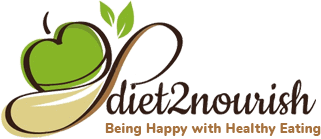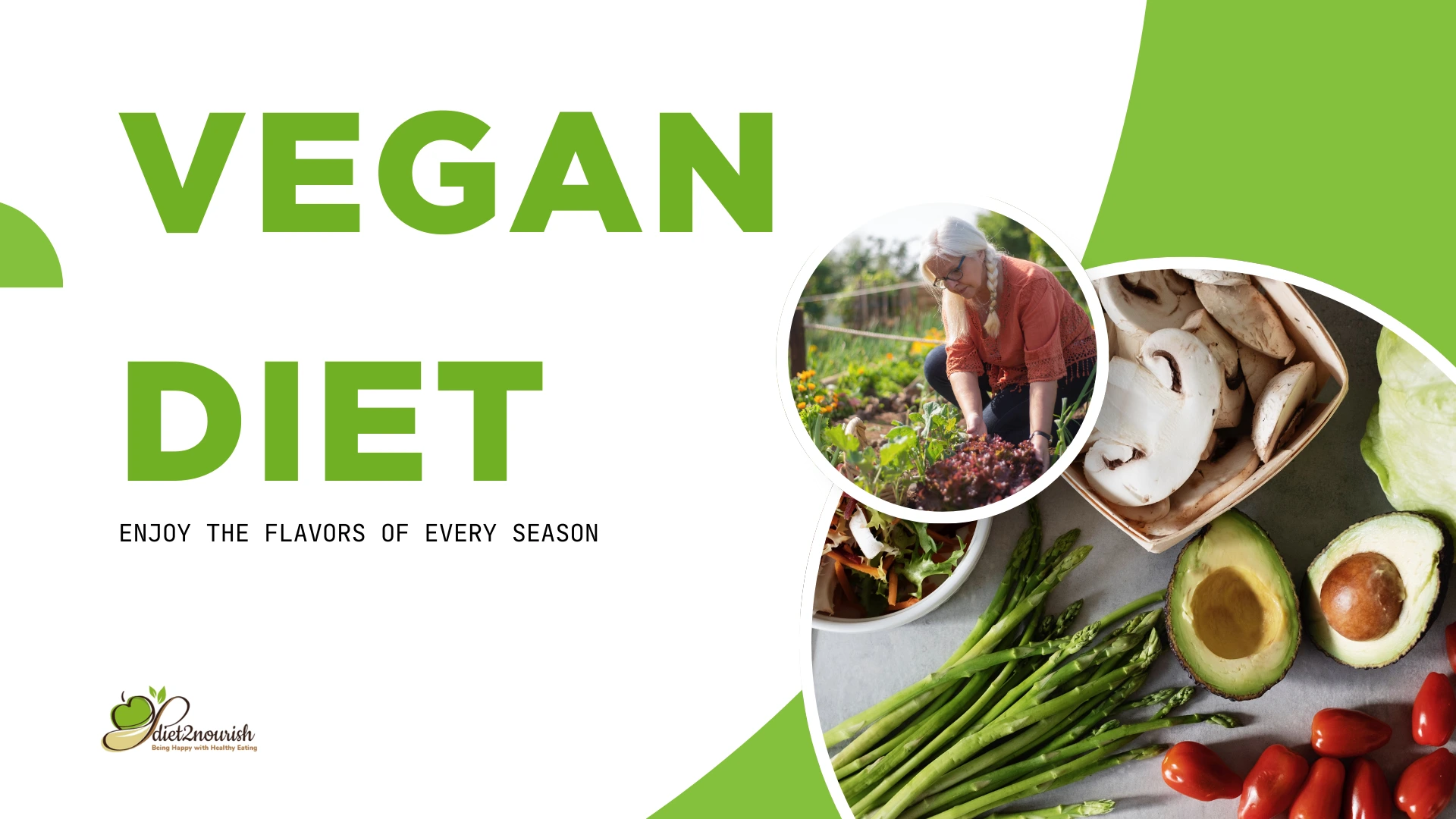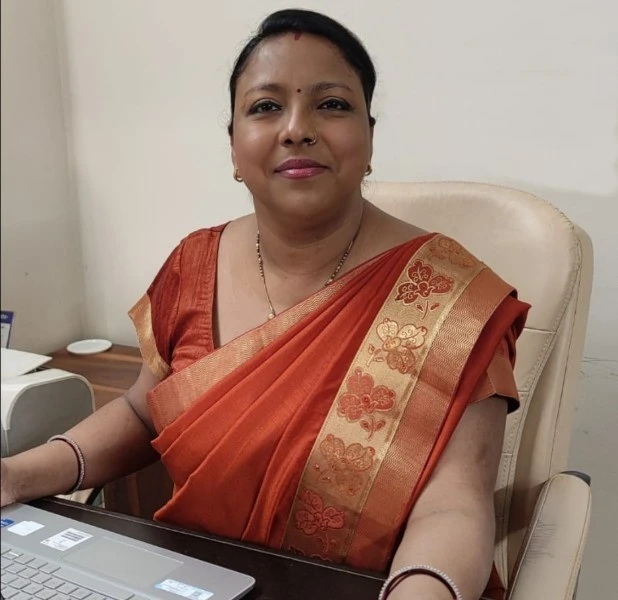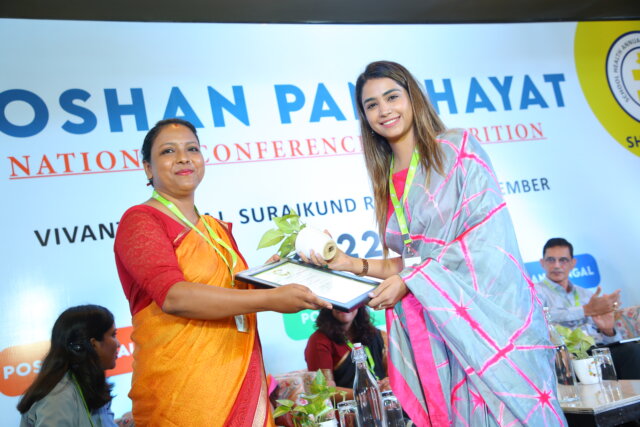Vegan Diet
There are a lot of people adopting ‘veganism’ as their new way of life, and the number seems to be considerably increasing day by day. Veganism (vegan diet) is a way of life, it is a lifestyle, including dietary choices where you completely abstain from anything and everything that is animal-based, from meats, eggs, milk, and yogurt to purchasing and using a product made of animals like clothes and furniture and other stuff.
Many have a common question – why vegan diet? Veganism is a way of life for such people who practice and adopt veganism. They considered it a way of living in harmony with nature and treating animals with respect and kindness. It is a way of abstaining from products that in any form or way have used animals to make or tested.
What is Vegan Diet?
Many of us may have little knowledge or have heard little of the term ‘vegan’. A ‘Vegan’ is referred to a person who has excluded all animal-based products out of his or her diet. This means – total elimination of meats, poultry, fish, seafood, eggs, cheese, honey, butter, cream, and/or any other product/s that has originated from animals.
A Vegan is somewhat similar to a vegetarian, where both exclude all meats (including fish and eggs) from their dietary consideration, but vegans also exclude anything that is based on an animal (milk, cheese, butter, honey, etc.) which vegetarians do not.
The vegan diet is also referred to as the plant-based diet; the animal-free diet; the animal-friendly diet; and the meat & dairy-free diet also.
What to eat on a Vegan Diet?
For vegans, foods from plant sources are OK, but foods from animal sources are a strict NO, including some of the most common items that otherwise are not considered non-vegetarian, like milk, cheese, and honey.
There might be varied reasons why people are adopting the vegan lifestyle. Some might change to a vegan for health benefits, as it helps to lower the risks from certain diseases or maybe for the sake that they do not want to harm animals and protect the environment or as it is considered that a vegan diet for weight loss in one of the best options.
So, what does a vegan diet constitute of:
- Vegetable and Fruits
- Nuts and Seeds
- Rice, Pasta, and Bread
- Legumes like Peas, Beans, and Lentils
- Vegetable Oils, and
- Dairy alternatives like Soy Milk, Almond Milk, and Coconut Milk
Now, that you know what is a Vegan diet, many ask the same old question – What are the benefits of a vegan diet? Or the benefits of shifting to a vegan lifestyle?
Medical researches and studies confirm that a vegan diet is anytime better than all other diets for heart health and lowers all the odds of developing certain critical health issues. It is also believed that changing to a vegan lifestyle can make you free of the three most dreaded health culprits – obesity, cholesterol, and high blood pressure. Studies also confirm that vegans are less prone to get diabetes and certain forms of cancers, especially one of the GI tracts, ovaries, breast, and the uterus in women.
Why vegan diet?
One of the biggest advantages of going vegan is that it allows you to live longer and that too disease-free. You cut down on your calorie intake to almost zero, you have better weight control (that is why people are recommended a vegan diet for weight loss), and you have better BMI (Body Mass Index) when compared with people who eat animal-based products.
The biggest perk of being a vegan is that you are blessed with good nutrition, and it is so because fruits, vegetables, nuts, legumes, and whole grains are the staples in a vegan diet. All of these foods are blessed with the richness of valuable nutrients like fibers, antioxidants, vitamins, and minerals that helps to keep our health in top form and steers us away from some of the most dreaded diseases like cancers and diabetes.
But why Vegan Diet is bad, as advocated by many?
A vegan diet is overall healthy, but refraining from animal products completely can devoid you of animal protein (complete protein) and few other valuable nutrients like omega-3 fatty acids, zinc, calcium, and vitamin B12 and D.
Protein is much needed for overall chemical reactions of our body, omega-3 fatty acids for a healthy heart and cell health, calcium for teeth and bones, and the other vital nutrients for body growth and pregnant women. One vital nutrient that is impossible to get from any plant source is Vitamin B12. It is required in our body for the development of Red Blood Cells and the DNA. Going vegan may risk vitamin B12 deficiency and you must take its supplements to counter the issue.
You should always remember that you may adopt a vegan lifestyle, but a vegan diet can be as healthy as you can make it to be. Numerous vegan products are available in the market these days like – Vegan Ice cream, Vegan Cookies, and more. These may seem tempting, but overdoing them can have negative impacts on your health and weight. These are highly processed and high-fat foods, and if you eat more of them, you will gain weight, even being on a vegan diet, and end up having similar health problems, that you would have on a meat-based diet.
How to start a vegan diet?
The idea of going vegan may be enticing, but if you are not sure, how to start, the first thing to do is – cut down all meat, poultry, eggs, and dairy and dairy products from your daily intake (diet). At the same time, make a gradual shift to increase the amounts of vegetables and fruits in each of your meals.
Removing all animal products from your daily diet can be overwhelming at the beginning, but if you adopt a lesser strict approach is a more suitable option for you. Many diets are based or focused on plant-based foods, yet they leave certain rooms for other types of foods like the:
- The Pescatarian Diet: A diet where you can eat no meat and poultry, but can still eat fish.
- The Lacto-Ovo Vegetarian Diet: A total plant-based diet, but has added dairy and eggs.
- The Flexitarian Diet: Again, a vegetarian diet, but occasionally allows eating animal products.
If you are planning to shift to a vegan lifestyle, going gradual is the best approach. Make sure you consult with your dietician or your doctor for the help you need to choose the right foods as you start the vegan diet.
For long-term adaptation and reap the benefits, it is always better to seek the guidance of an expert, and ensure that you get the right nutrients that your body needs the most in your new lifestyle.
What is a raw vegan diet?
Do many people ask what is a raw vegan diet? Many who adopt a vegan way of eating correlate them with the ecological principle and ethical values of the vegan diet. To benefit more, they go for the raw vegan diet. In simple words, a Raw Vegan Diet is a way of eating that combines Raw Foodism and Veganism.
The diet not only includes only foods that are plant-based but also raw and unprocessed foods. The raw vegan diet, not only any animal-based products including dairy and honey but also foods that need cooking. The foods eaten are not heated, cooked, or processed. Instead, the foods are prepared for consumption in other ways like – juicing, soaking, blending, dehydrating, and sprouting or germinating them.
How to gain weight on a vegan diet?
A vegan diet is considered to be a great way to lose weight, but how to gain weight on a vegan diet is not anything impossible. A vegan diet has a lot of healthier foods options that are rich sources of good fats, carbohydrates, and proteins that could all come together and help you in your weight-gain efforts.
There is no one fixe solution to gaining weight on a vegan diet, We all are made different and therefore it is critical for all of us to understand while we step towards gaining weight on a vegan diet are the three components – The Calorie Intake, Our Body Metabolism, and Our Body Type.
Follow the below mentioned ways to maximize your weight gain efforts being on a vegan:
Get Sufficient Calories:
Calories and more calories – the key to gaining weight. The rule is to ensure more calorie intake than what we burn. Know the foods that are calories dense. Eat nutritious foods, but should be supplemented with calorie-dense options. Avocados, nuts, and seeds are your friend. These foods are calorie-dense and help to bulk on calories.
Heighten your food intake:
While gaining weight, think big. Enjoy guilt-free eating on a vegan diet. Well! This does not means eat as many pizzas as you can, but stack more on healthier options like avocados, nuts and seeds, beans, tofu, and alike.
Choose more energy–dense foods:
Weight gain is not merely about getting enough calories and eating more, but is also about eating energy-dense foods. Look for energy-dense foods to add up to all your meals.
No cardio work–outs:
Cardio is great for your overall health and fitness, but at the same time it is also a great calorie burner. Now, with weight gain on your agenda, you cannot just keep losing more and more calories with those cardio workouts.
How to build muscle mass on a vegan diet?
The best way to improve on your muscle mass whilst a vegan lifestyle is to fill up with high-protein foods like tofu, legume, quinoa, and more. These foods can help you in meeting up with the protein needs to spruce up your muscle gain. You also get vegan protein powders that can be added to your diet to meet the failing protein needs for muscle building. These powders also provide concentrated sources of proteins that support your workouts and other activities all through the day.
What is vegan diet plan for weight loss?
If you are aiming to lose some weight, the vegan diet may be the perfect answer. As a vegan, you will not eat any meat, poultry, eggs, fish, and dairy products. Instead, you live your life only on fruits, vegetables, beans, whole grains, and legumes.
Turing to a vegan lifestyle is always beneficial for people who are overweight and want to reduce weight without restricting calories. It is a studied fact that a plant-based diet changes the body’s microbiome, increasing the quantum of healthy bacteria in our digestive system aiding quick and healthy weight loss.
What can you eat on a vegan gluten-free, sugar-free, soy-free diet?
Gluten-free, Soy-free, Sugar-free, and Vegan – seems impossible. But it is not as difficult as you might think. Follow these simple basic rules, and you will be good to go:
Go cruciferous:
Cabbage, Cauliflower, Broccoli, Kale, Brussel Sports are excellent sources of nutrients for the body. These vegetables can be made in several delicious ways that will never allow you to remember tofu and gluten grains.
The grains:
Just because you are gluten allergic, it does not mean that you cannot eat grains. Oats, quinoa, and many other grains do not have the same structural protein as in wheat and rye and hence, you can eat them, even if you are celiac.
Satisfying beans:
Beans are magical foods, low in cholesterol and triglycerides. They have massive quantities of resistant starch and fibers. The best way to get your protein and eat when you cannot eat soy.
Fluids:
Speed up the game – water is the best that you can get with everything around you not that you cannot have.










